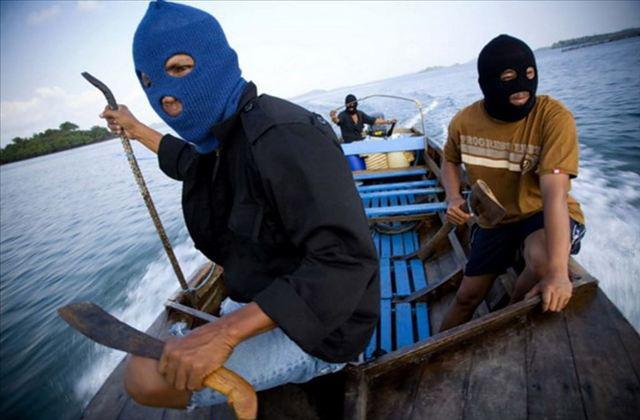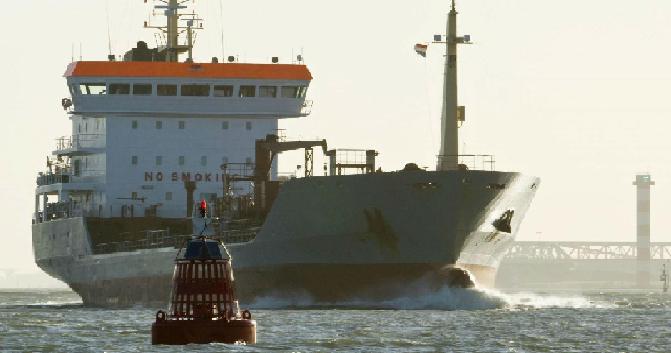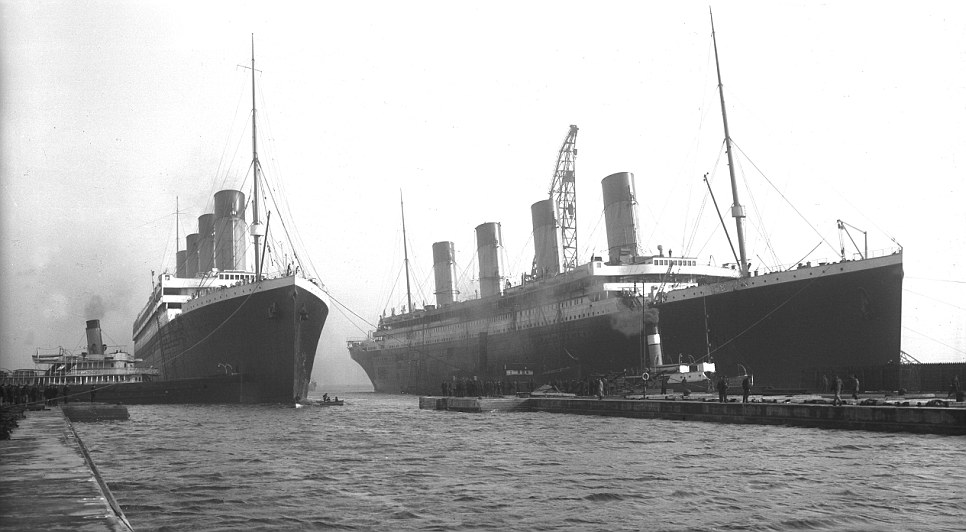
Also known as IMO the organization is a United Nation agency that is responsible for security and safety of shipping. It is also in charge of checking that vessels are not polluting the water that they sail in.
History

Shipping is the main form of transport used in international trade due to the capacity they carry and the cost effectiveness. The ships manufacture or country of registration is often just a stop over after completion with the ship spending the rest of its life moving from nation to nation. For this reason the International Maritime Organization was formed to maintain an international standard and regulate shipping internationally using common acceptable rules and regulations. The first maritime treaty was signed in the 1900s, and after the Titanic disaster in 1912 a treaty was signed concerning the safety of passengers at sea. In 1914 the SOLAS( safety of Life at Sea was signed, this treaty has been reviewed on several occasions and remains as the most important treaty the organization has till now.
The organization was adopted by the Geneva Convention in 1942 and was included in the United Nations with the task of development and maintains a regulatory frame work that checks on safety, environmental concerns, legal issues, cooperation of the maritime society and shipping.
Membership
Currently there are 169 member states and 3 associate members of IMO. Non Government Organizations are welcomed to join but need to show considerable capability to contributions towards the organization.
Work done by IMO is in charge of maintaining and enhancing the following: maritime safety, maritime security, marine environment, legal affairs, human element, facilitation, technical cooperation and conferences.
Maritime safety- in 1959 IMO adopted a new resolution of the SOLAS that added to that each vessel would be coded differently to reduce time wasted during rescue mission and also detail the cargo that the vessel had on board. The codes helped assess in advance of the urgency of the situation and the outcome of the accident. These codes shall be discussed at a later stage.
Marin security- the responsibilities involved is the maintenance of records of all vessels that sail international water. It is also involved in the licensing of these vessels to ensure registration of new vessels that are manufacture. This helps track vessels and maintains security by knowing what the vessel transports and its position at all times.
Marine Environment- shipping contributes 90% of all bulk good transported around the world but surprisingly it is considered the least polluting mode of transport. This is because today the number of cars on the planet out number ships by 1:14000. No doubt ships do contribute to pollution but most of the damage is caused when ships are damaged or sink thus polluting the surrounding ocean with their cargo. For this reason the organization conducts frequent spot checks on ships for any damage or maintance required on the vessel.
Legal affairs- with the main aim of safety on board ships to prevent against pollution it has recently introduced laws that concern marine pollution caused by ships and can enforce them on vessels if found guilty. These laws were implemented after a series of marine accidents that caused major pollution and were found to be caused due to human error.
Human element- after the 1912 Titanic disaster the concern of human safety has been a major issue that has concerned the organization. For this reason certain rules have been put in place to try and ensure safety of sailors or passenger’s onboard distressed vessels. By providing enough survival kits that can be used in these times.
Facilitation- in the past there was allot of paper work that needed to be completed on arrival of a ship at port. The crew also faced problem on arrival at different ports, due to this the organization has taken the responsibility of making sure the crew and ship can be cleared as quick as possible thus avoiding unnecessary delays.
Technical cooperation- this helps regulate the level of standard that countries should have and also assists nations that do not have the capability to upgrade their services.
Conferences: the organization provides the necessary requirement that can assure the smooth conducting of meetings and conferences by ensuring the availability of;
I. A full range of facilities for meeting and conferences,
II. Linguistic support in the form of instant translation,
III. Up to date infrastructure for the publishing of any correspondents.

These fields covered by the international Maritime Organization are the most important for the smooth operation of marine vessels and safety issues that cause concern and friction among marine vessel operators. More details on the subject shall be published at a later stage.







